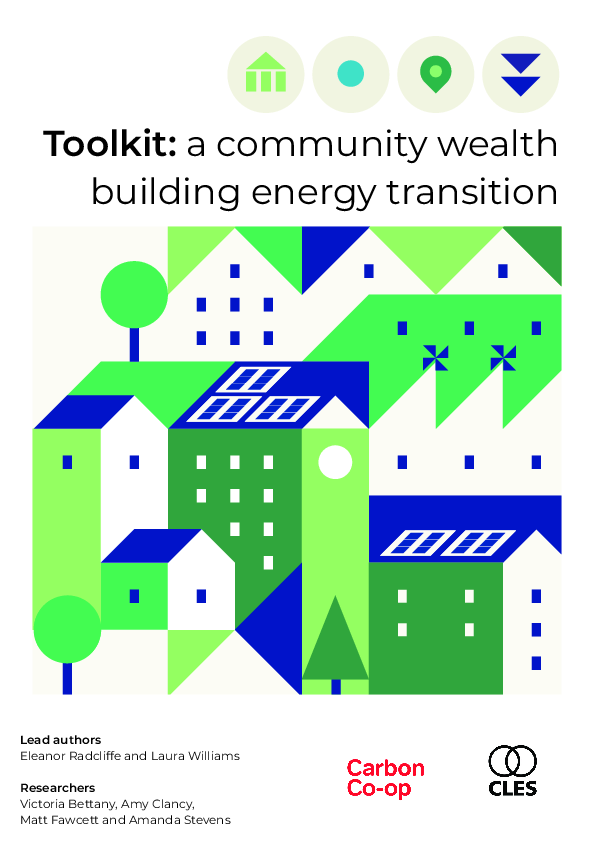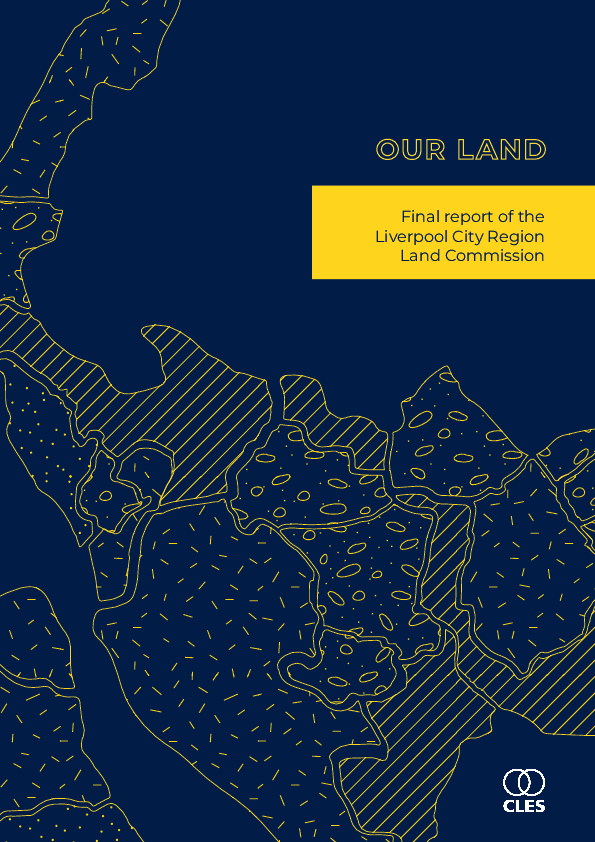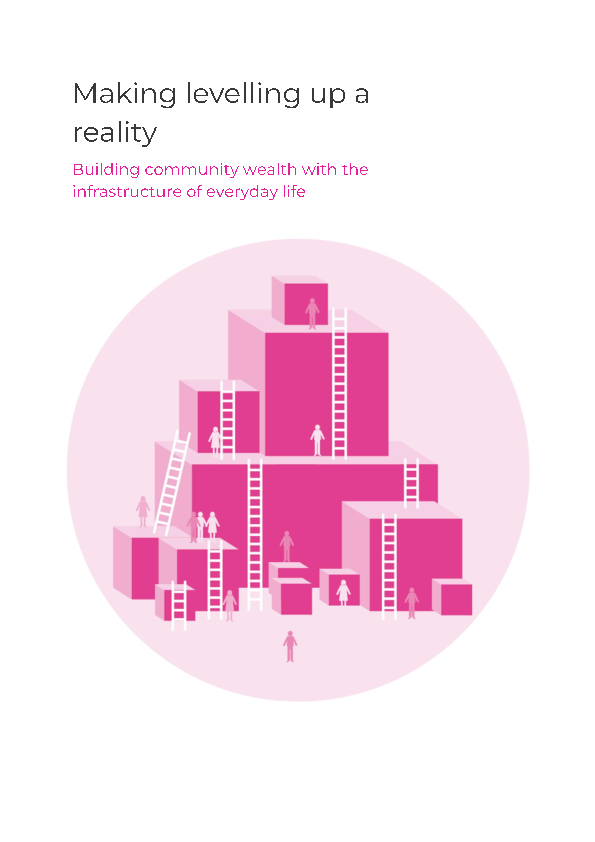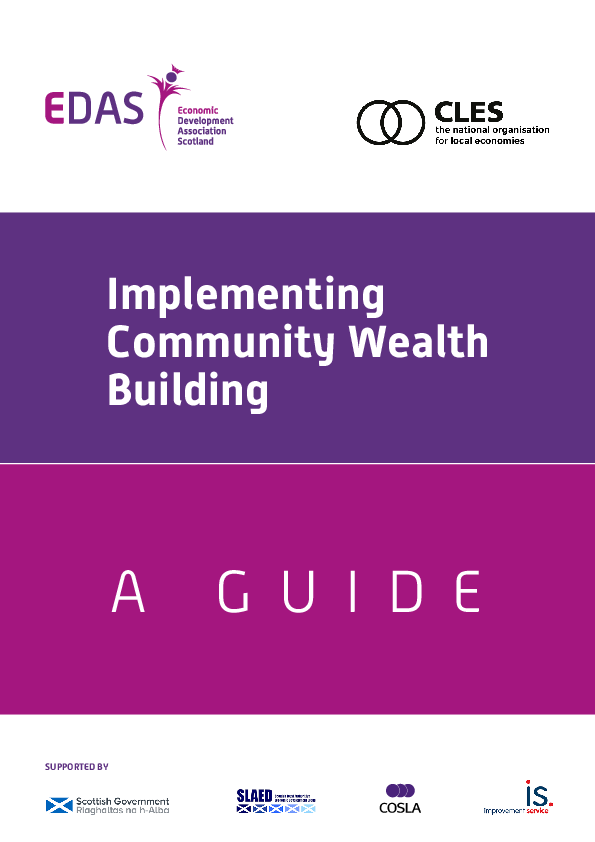The brave
Four lessons from Scotland in delivering community wealth
At the close of the 2021 Community Wealth Building Summit, we reflect on remarks by our opening keynote speaker Tom Arthur MSP and the work that CLES has undertaken with the Scottish government over the last 12 months. The lessons learned should resonate with governments of all scales in Scotland and the wider community wealth building movement.
In his opening remarks to this week’s Community Wealth Building Summit, Tom Arthur MSP argued that community wealth building provided an “opportunity to approach economic development in a new way” in order to help create “common prosperity”. As the Scottish Minister for Public Finance, Planning and Community Wealth, Mr Arthur has put community wealth building at the forefront of his agenda arguing that it needs to sit across government, providing a “whole system approach” to an inclusive economy. He also confirmed the Scottish government’s intention to introduce a Community Wealth Building Bill during this parliament, to consolidate changes in practice and enable local anchor organisations to use their economic leverage to deliver more for local people and communities.















